| |||||||||||||||||
| |||||||||||||||||
| |||||||||||||||||
The 1901 Virginia gubernatorial election was held on November 5, 1901 to elect the governor of Virginia.
| |||||||||||||||||
| |||||||||||||||||
| |||||||||||||||||
The 1901 Virginia gubernatorial election was held on November 5, 1901 to elect the governor of Virginia.
| Party | Candidate | Votes | % | |
|---|---|---|---|---|
| Democratic | Andrew Jackson Montague | 116,691 | 58.20% | |
| Republican | John Hampton Hoge | 81,366 | 40.58% | |
| Prohibition | O. C. Rucker | 1,896 | 0.95% | |
| Socialist Labor | H. D. McTier | 285 | 0.14% | |
| Socialist Labor | J. J. Quantz | 280 | 0.14% | |
| Total votes | 200,518 | 100.00% | ||
| Democratic hold | ||||

James Hoge Tyler was a Confederate soldier, writer and political figure. He served in the Virginia Senate and became the 16th Lieutenant Governor of Virginia and the 43rd Governor of Virginia. He compiled The Family of Hoge, published posthumously in 1927.

John Garland Pollard was a Virginia lawyer and American Democratic politician, who served as the 21st Attorney General of Virginia (1914-1918) and as the 51st Governor of Virginia, as well as on the Federal Trade Commission (1919-1921) and as chairman of the Board of Veterans Appeals (1934-1937).
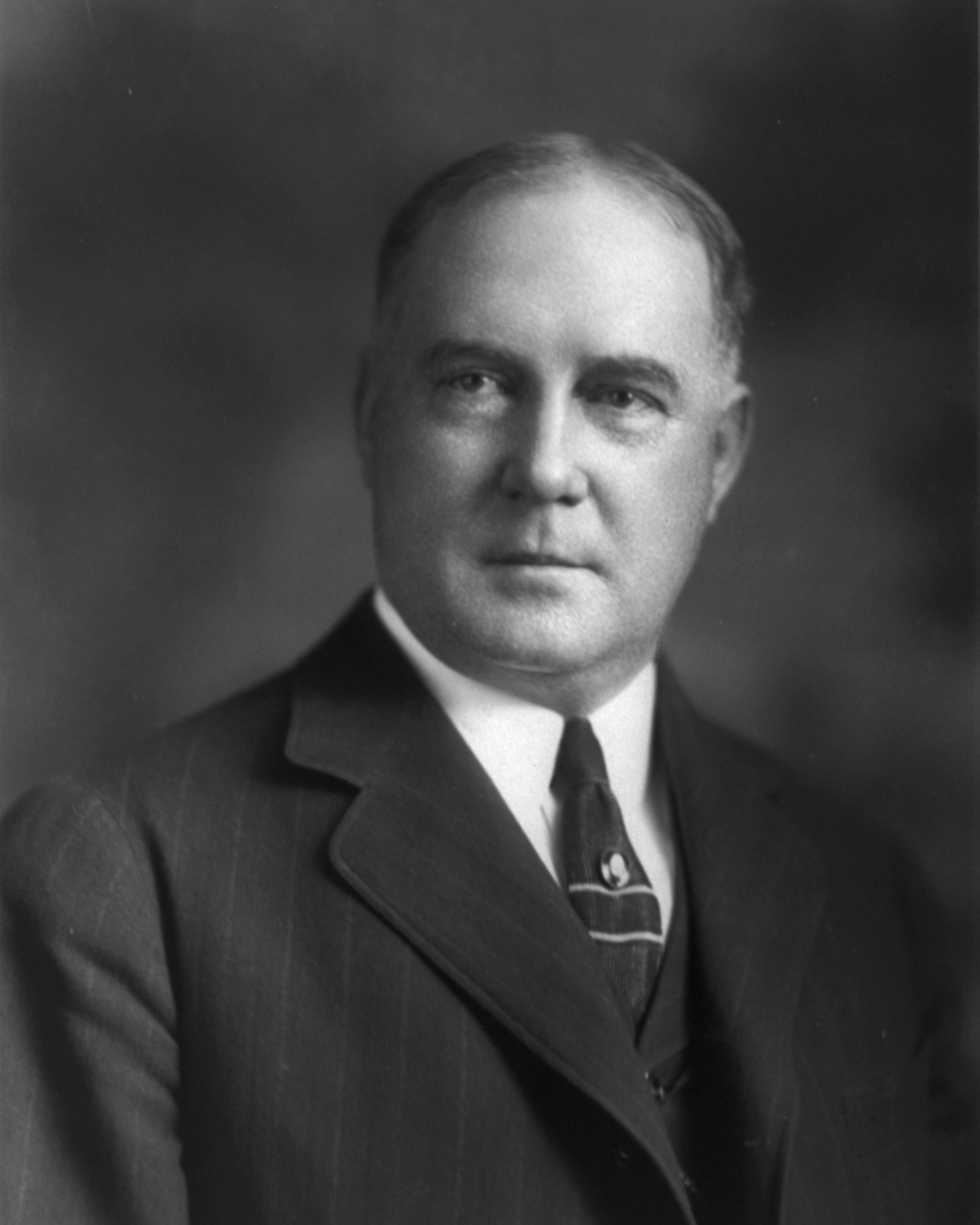
Andrew Jackson Montague was a Virginia lawyer and American politician. He served as the 44th Governor of Virginia, from 1902 to 1906, and a Congressman from 1912 until his death in 1937. A Democrat, Montague is best remembered as the first Virginia governor since the American Civil War not to have served in the Confederate military. Initially a Progressive, Governor Montague expanded the state capitol building, supported public education and the Good Roads Movement and opposed the Martin Organization. However, later as U.S. Congressman, he became a Conservative Democrat and supporter of the Byrd Organization.

The Readjuster Party was a bi-racial state-level political party formed in Virginia across party lines in the late 1870s during the turbulent period following the Reconstruction era that sought to reduce outstanding debt owed by the state. Readjusters aspired "to break the power of wealth and established privilege" among the planter elite of white men in the state and to promote public education. The party's program attracted support among both white people and African-Americans.

John Jeremiah Jacob was a Democratic politician from Green Spring, West Virginia. Jacob served two terms as the fourth Governor of the U.S. state of West Virginia. John Jeremiah Jacob was also elected to the West Virginia House of Delegates from Hampshire County in 1868 and from Ohio County in 1893.
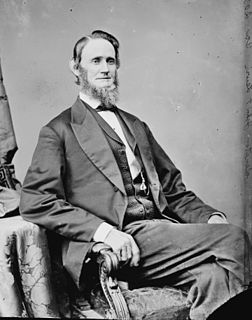
John Francis Lewis was an American planter and politician from Rockingham County, Virginia. He served two terms as the ninth and 14th Lieutenant Governor of Virginia and represented Virginia as a Republican in the United States Senate during the Reconstruction period after the Civil War.

Joseph McMurray Devine was an American politician who was the Governor of North Dakota from 1898 to 1899. He served as governor for less than one year as he finished the term after Governor Frank A. Briggs died in office.

The Secretary of the Commonwealth is a member of the Virginia Governor's Cabinet. The office is currently held by Kelly Thomasson.
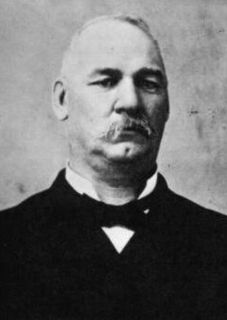
James Alexander Walker was a Virginia lawyer, politician, and Confederate general during the American Civil War, later serving as a United States Congressman for two terms. He earned the nickname "Stonewall Jim" for his days as commander of the famed Stonewall Brigade. Walker is the first graduate of the Virginia Military Institute to serve as Lieutenant Governor of Virginia. He was expelled from the Institute weeks before graduation in 1852 amidst a bitter dispute with then-mathematics professor Thomas Jackson, but was granted his degree in 1872 in recognition of his military service in the American Civil War.

Albert Blakeslee White was the 11th Governor of West Virginia from 1901 to 1905.
William Smith was an eighteenth- and nineteenth-century congressman from Virginia.

Edward Theodore England was a lawyer and politician from West Virginia. He served in the West Virginia Senate, as Attorney General of West Virginia, and as a member of the United States House of Representatives.

James Monroe Jackson was a lawyer and Democratic politician from West Virginia who served as a United States Representative in the 51st United States Congress.
The government of Virginia combines the Executive, Legislative and Judicial branches of authority in the Commonwealth of Virginia. The current Governor of Virginia is Ralph Northam. The State Capitol building in Richmond was designed by Thomas Jefferson, and the cornerstone was laid by Governor Patrick Henry in 1785. Virginia currently functions under the 1971 Constitution of Virginia. It is the Commonwealth's seventh constitution. Under the Constitution, the government is composed of three branches, the legislative, the executive and the judicial.
The Grand Lodge of West Virginia is a freemason organization in West Virginia. It is the only Grand Lodge recognized by the United Grand Lodge of England (UGLE) and hence "regular" in the state. It had maintained the West Virginia Masonic Home.

Elections in Virginia are authorized under Article I Virginia State Constitution, sections 5–6, and Article V which establishes elections for the state level officers, cabinet, and legislature. Article VII section 4 establishes the election of county-level officers.

Henry L. Hopkins was a nineteenth century American politician from Virginia.
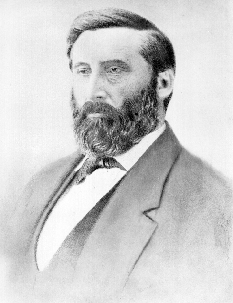
The 1872 West Virginia gubernatorial election took place on October 8, 1872, to elect the governor of West Virginia.
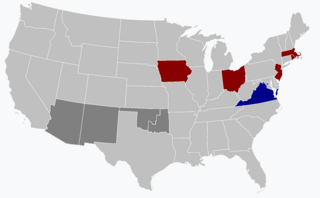
United States gubernatorial elections were held on November 5, 1901, in six states.
| Elections in Virginia |
|---|
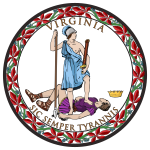 |